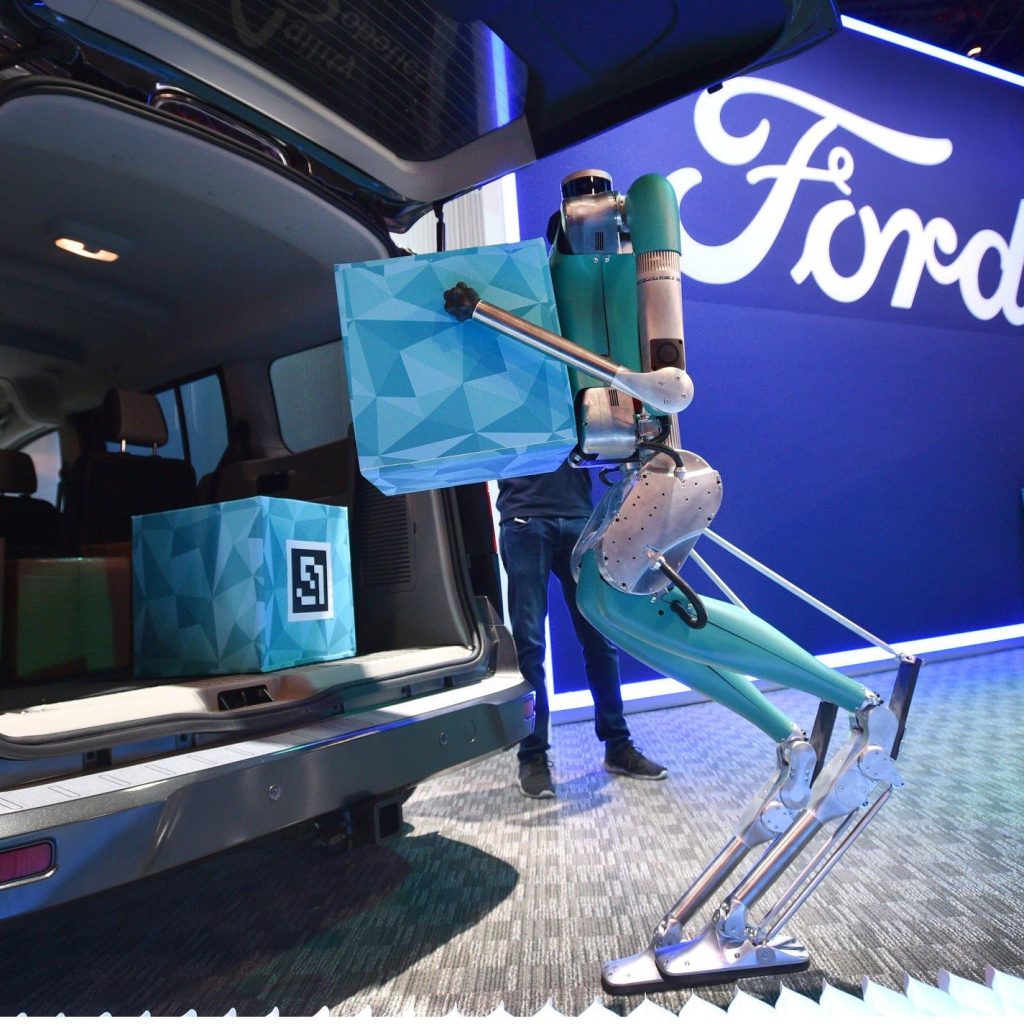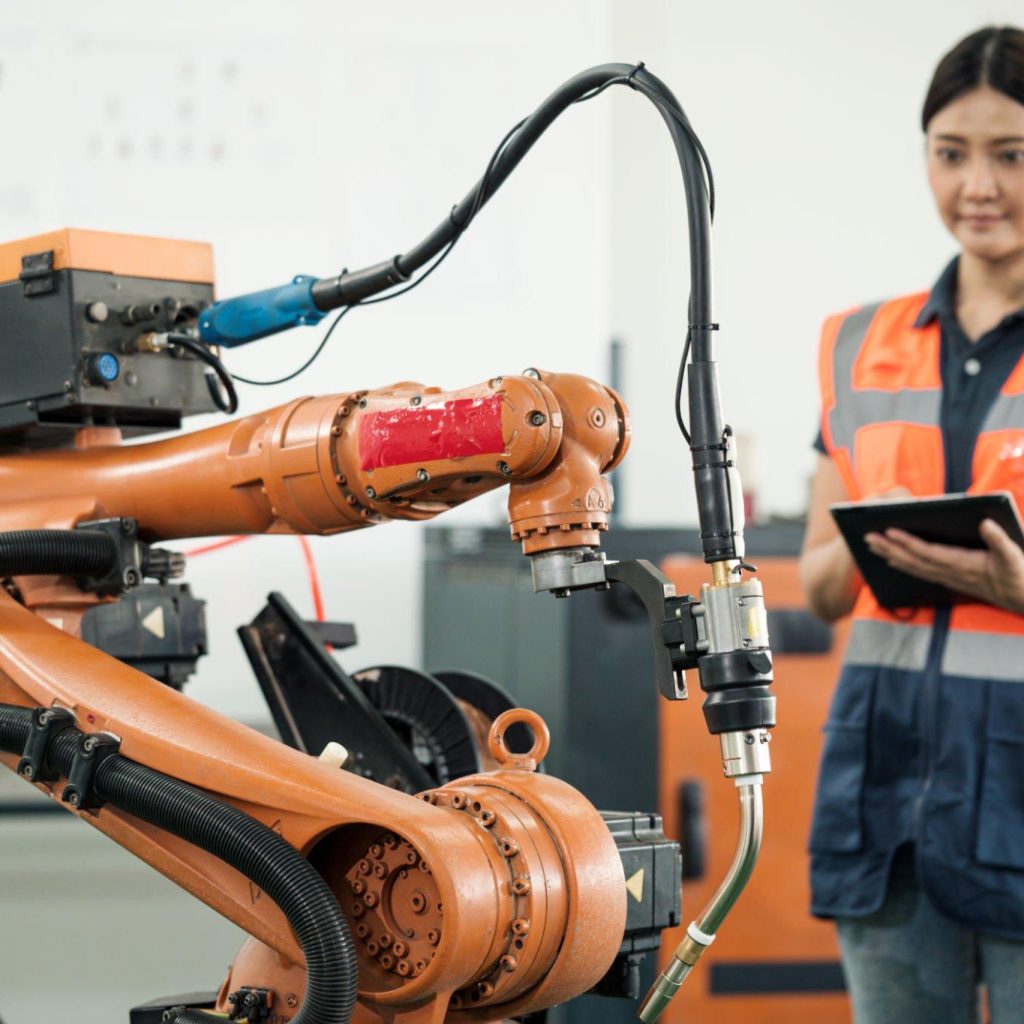In today’s rapidly advancing world, the term “robot” has transcended science fiction and become an integral part of our reality. From automated vacuum cleaners that whiz around our homes to sophisticated humanoid machines that assist in surgeries, robots have come a long way. This article delves into the fascinating world of robots, exploring their history, applications, ethical considerations, and what the future holds for these mechanical marvels.
Introduction

Robots, once considered the stuff of science fiction, have become an integral part of our lives. These mechanical wonders, driven by cutting-edge technology and powered by intricate algorithms, are shaping the future in profound ways. In this article, we will embark on a journey through time and technology, exploring the evolution of robots, their diverse applications, ethical considerations, and the exciting prospects that await us in the realm of robotics.
The Evolution of Robots
Early Mechanical Automata
The roots of robotics can be traced back to ancient civilizations. Early inventors and engineers crafted intricate mechanical automata, often used for entertainment or religious purposes. These mechanical marvels, though rudimentary by today’s standards, laid the foundation for the robots we know today.
Industrial Revolution and Automation
The Industrial Revolution marked a significant turning point in the history of robotics. Machines began replacing manual labor, ushering in an era of automation. The development of the assembly line, pioneered by Henry Ford, revolutionized manufacturing processes and set the stage for the rise of industrial robots.
Types of Robots
In the modern era, robots come in various forms, each designed to perform specific tasks efficiently. Let’s explore some of the key types of robots that have become integral to our lives.
Industrial Robots
Industrial robots are the workhorses of manufacturing. These machines excel in repetitive and precise tasks, from welding car parts to assembling electronics. Their accuracy and speed have revolutionized industries across the globe.
Service Robots
Service robots are the friendly faces of automation. They serve in roles such as cleaning, security, and customer service. Robot vacuum cleaners, like the Roomba, have become household staples, simplifying daily chores.
Social Robots
Social robots are designed to interact with humans on a personal level. Some assist in therapy sessions, while others provide companionship to the elderly. They bridge the gap between technology and human emotions.
Autonomous Vehicles
Autonomous vehicles, often associated with the automotive industry, are a prime example of robots in motion. These self-driving cars are equipped with sensors and algorithms that enable them to navigate without human intervention.
Robotics in Everyday Life
The integration of robotics into our daily lives is undeniable. Let’s explore some of the areas where robots have made a significant impact.
Home Automation
Imagine a home where lights, thermostats, and appliances respond to your commands. Home automation systems, often controlled by AI-driven robots, make this a reality, enhancing convenience and energy efficiency.
Healthcare Assistance
In the field of healthcare, robots are transforming patient care. Surgical robots assist surgeons in performing precise operations, while robotic exoskeletons aid patients in rehabilitation.
Agriculture and Farming
In agriculture, robots are revolutionizing farming practices. Autonomous tractors and drones are used for planting, monitoring crops, and even harvesting, increasing efficiency and crop yields.
Space Exploration
Robots have played a crucial role in space exploration. Rovers like Curiosity and Perseverance have ventured to Mars, conducting experiments and sending back valuable data. These robots pave the way for future human missions.
The Ethical Dilemma
While robots offer numerous advantages, they also pose ethical challenges that society must address.
Job Displacement
The automation of jobs raises concerns about unemployment. As robots become more capable, some worry about the impact on the workforce and the need for reskilling.
Privacy Concerns
Robots equipped with cameras and sensors can raise privacy issues. The collection of data in public and private spaces requires careful regulation and safeguards.
Autonomous Weapons
The development of autonomous weapons is a contentious issue. The ability of robots to make life-and-death decisions on the battlefield raises moral and legal questions.
The Future of Robotics

What does the future hold for the world of robotics? Let’s explore some exciting possibilities.
Artificial Intelligence Integration
The integration of artificial intelligence into robots will make them more adaptable and capable of learning from their surroundings, enabling them to handle a wider range of tasks.
Human-Robot Collaboration
Collaborative robots, or cobots, will work alongside humans in various industries. This synergy between humans and robots will enhance productivity and efficiency.
Environmental Applications
Robots will play a crucial role in addressing environmental challenges. From cleaning up ocean plastics to monitoring climate change, robots will be at the forefront of environmental conservation efforts.
Conclusion
Robots have come a long way from their early mechanical roots, and their influence continues to expand. As technology advances, so too will the capabilities of robots, reshaping industries, healthcare, and our daily lives. However, as we embrace this robotic future, we must also grapple with the ethical questions that arise. The future of robotics holds immense promise, but it is a future that requires careful consideration and responsible stewardship.
FAQs
- Are robots a threat to job security?
- While automation can replace certain jobs, it also creates new opportunities. Education and upskilling will be essential to adapt to this changing job landscape.
- What safeguards are in place to protect privacy from robot surveillance?
- Legislation and regulations are being developed to ensure responsible data collection and usage by robots in public and private spaces.
- How can robots benefit the environment?
- Robots can assist in tasks like cleaning up pollution, monitoring wildlife, and conserving energy, contributing to a healthier planet.
- Will robots ever have emotions like humans?
- While robots can simulate emotions, true emotional understanding remains a complex challenge in AI and robotics.
- What role will robots play in space exploration in the coming decades?
- Robots will continue to be at the forefront of space exploration, conducting experiments, collecting data, and preparing the way for future human missions.

